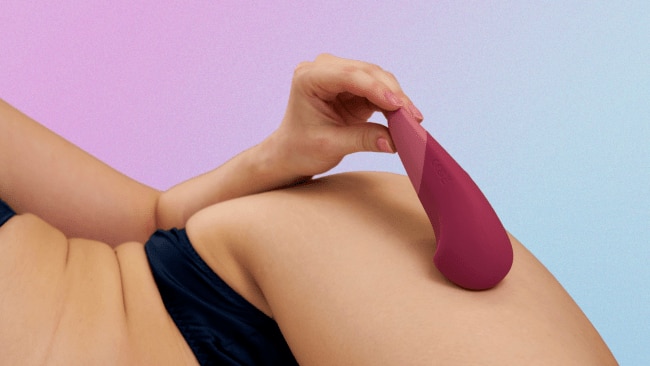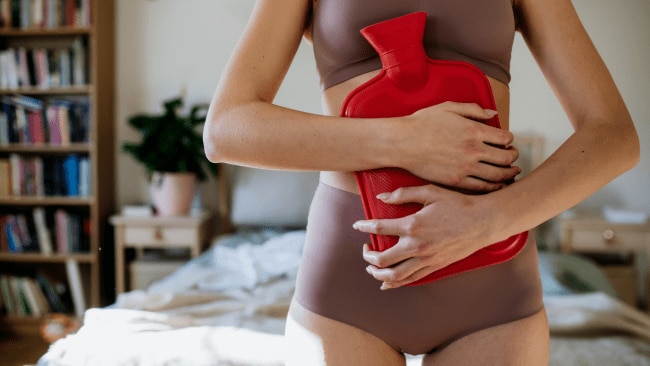Is cancer in young women on the rise?
We asked an expert
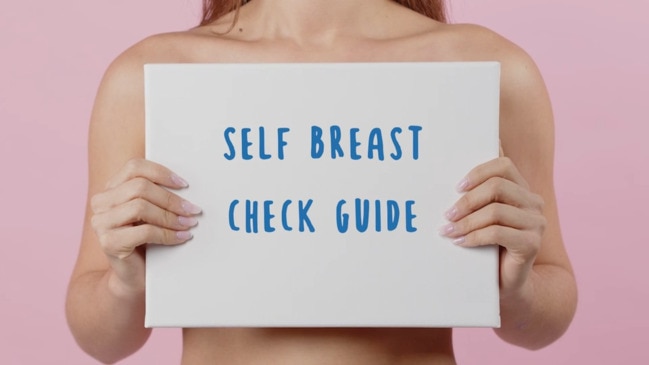
Lifestyle
Don't miss out on the headlines from Lifestyle. Followed categories will be added to My News.
Breast cancer researcher Dr Kellie Mouchemore, from the Olivia Newton-John Cancer Research Institute, says triple-negative breast cancer tumours are to blame for increasing diagnoses of breast cancer in young women.
Most people in 2024 are familiar with cancer – it’s rare for someone to remain untouched by the disease in some way, shape or form.
But while it’s always been classified as a disease for older generations, statistics suggest that rates of cancer diagnoses in young people are on the rise.
Dr Kellie Mouchemore is a researcher at the Olivia Newton-John Cancer Research Institute, and she’s been investigating breast cancer for over ten years. At the moment, her focus is triple-negative breast cancer tumours, an aggressive form of the cancer that primarily affects younger women.
“In terms of general risk [of breast cancer], this can be a combination of a lot of lifestyle factors, so alcohol intake, maybe leading a more sedentary lifestyle,” says Dr Kellie, speaking on Body+Soul’s Healthy-Ish podcast.
“We're having children at a later age and having less children… So together, all of these factors could potentially lead to increased risk.”
She’s quick to stress that this is an area of research that still has a lot of unknowns. While science has proved that sun exposure increases the risk of developing melanoma, risk factors for other cancers are not always so clear-cut.
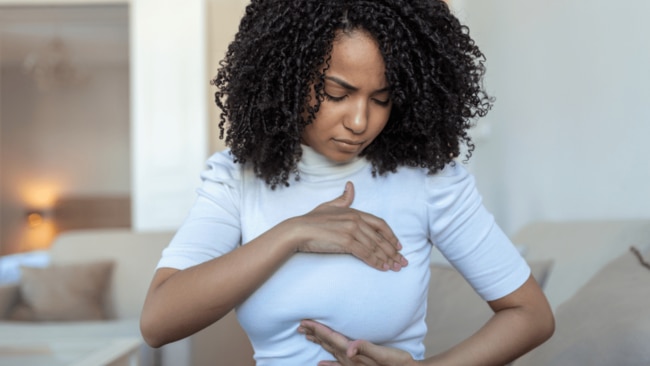
In 2024, we saw two high-profile women share cancer diagnoses with the world, just days apart; Kate Middleton was just 42 when she was forced to reveal her battle with an as-yet unnamed cancer earlier this year, while actress Olivia Munn was 43 when she underwent a double mastectomy in her battle with an aggressive form of breast cancer.
While early cancers are classified as people under the age of 50, an ‘early’ breast cancer diagnosis often refers to women under the age of 40.
“We know that if young women have inherited a mutation, you might have heard of BRCA before, this can lead to very aggressive disease that can appear really early,” says Dr Kellie.
“When we see the statistics, we have seen that in Australia, there'll be a thousand women under the age of 40 who are diagnosed with breast cancer each year.”
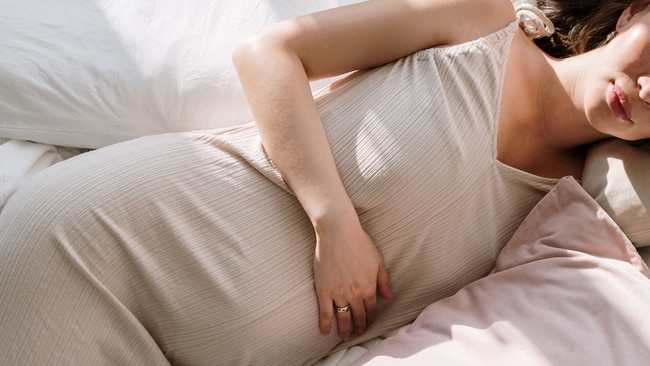
So how do we prevent this?
“I kind of want to emphasize that anything that is different to your normal, is a good enough reason to just go and see your GP,” says Dr Kellie.
Beyond being ‘breast aware’, she stresses that for women who are considered high-risk, or have a family history of breast or ovarian cancer, working with their doctor or health professional should be their first port of call.
In Australia, women over 40 can have a free mammogram every two years, and the program “actively invites” women aged 50 to 74 to screen regularly.
For younger women looking to be screened, a doctor might suggest an ultrasound, as their denser breast tissue can affect the mammogram’s ability to detect abnormalities.
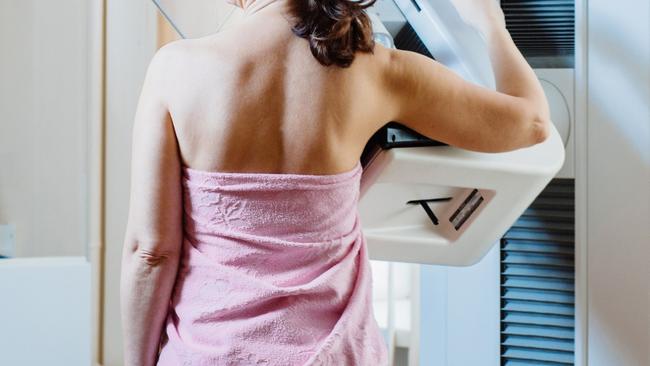
And what can we expect in the future?
Although cancer incidence rates for young people have been increasing, cancer mortality rates for people aged in their thirties and forties are on the decline.
“To me, a cure means not so much that cancer won't exist, but we can live alongside cancer and cancer will no longer either take people's lives or be a really sort of heavy burden,” says Dr Kellie.
“The common goal of researchers such as myself is we want to develop better therapies to help people manage their cancer with less toxicity, and an improved quality of life… I'm really optimistic that we'll reach a point where there will be zero deaths from breast cancer.”
More Coverage
Originally published as Is cancer in young women on the rise?



